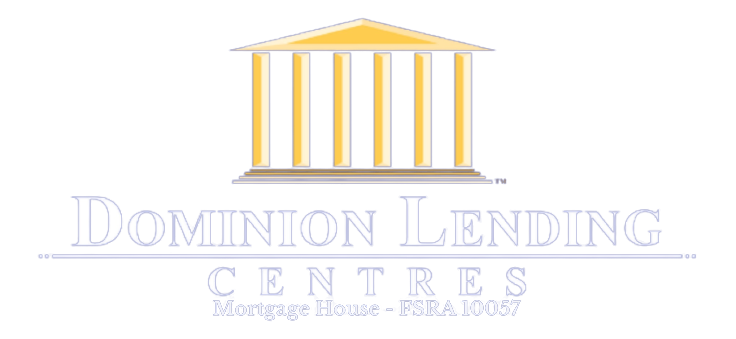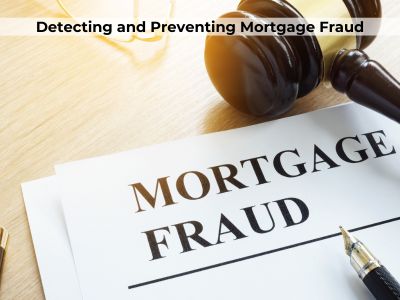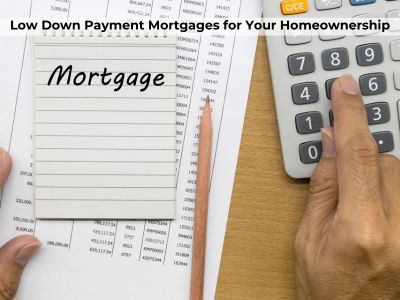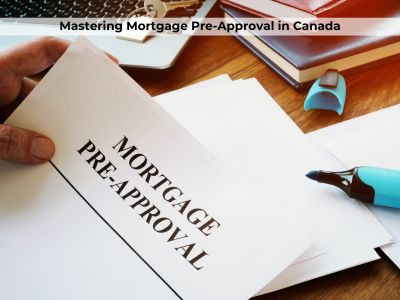Mortgage fraud is one of the substantial threats to the real estate industry nowadays. Negatively impacting both lenders and borrowers. Understanding the different forms of fraud will help you avoid these cases.
Types of Mortgage Fraud
• Identity Fraud
If someone uses your identity to secure a mortgage, that’s identity fraud. Fraudsters may assume someone else’s identity or create fictional identities to deceive lenders and gain access to funds they are not entitled to.
• Income Fraud
Misinterpreting or inflating an individual’s income to qualify for a mortgage is a form of income fraud. Fraudsters will falsify employment records, provide fraudulent tax returns, or forge documents to create the illusion of higher income, enabling them to obtain a larger loan than they can afford.
• Property Fraud
When an individual manipulates property information to deceive lenders or buyers, that’s considered property fraud. Examples include inflating the property’s appraised value, concealing property defects, or falsifying ownership documents.
• Occupancy Fraud
When an individual lies about their intention to live in a property, that is occupancy fraud. It is a type of fraud often committed to secure more favourable loan terms, such as lower interest rates or down payment requirements, typically reserved for owner-occupied properties.
Preventive Measures
• Thorough Application Verification
Thorough verification includes verifying the borrower’s identity, income, employment history, and other relevant information. Conducting comprehensive due diligence when evaluating mortgage applications is essential to prevent further problems in the future. It can help detect discrepancies and identify potential fraud.
• Enhanced Documentation Requirements
By implementing stricter documentation standards, lenders can minimize the risk of mortgage fraud. Requiring borrowers to provide detailed income documentation, tax returns, bank statements, and other supporting materials strengthens the verification process and helps detect inconsistencies.
• Independent Property Appraisals
Obtaining independent property appraisals from certified appraisers is essential. This ensures the property’s value is accurately assessed, reducing the possibility of inflated appraisals used to deceive lenders.
• Strengthening Information Security
Prioritizing the protection of sensitive borrower information should be a must. Strong cybersecurity measures, such as encryption, secure data storage, and regular security audits, can help safeguard against identity theft and unauthorized access to personal data.
Detection Techniques
• Data Analytic Technology
Lenders and authorities are leveraging advanced data analytic tools and technologies to identify patterns and anomalies indicative of mortgage fraud. Analyzing large data sets can reveal irregularities and suspicious activities, enabling quicker detection and mitigation of fraud.
• Collaboration and Information Sharing
Effective communication and collaboration among lenders, regulatory agencies, and law enforcement are crucial in detecting mortgage fraud. Sharing information about fraudulent practices, suspicious individuals, and emerging fraud trends can help build a strong defense against fraudsters.
• Fraud Investigation Units
Many financial institutions and law enforcement agencies have established specialized units investigating mortgage fraud cases. These units employ skilled professionals with expertise in financial crimes and conduct in-depth investigations to uncover fraudulent activities.
Consequences of Mortgage Fraud
• Financial Losses
Mortgage fraud can result in significant financial losses for various parties involved. And lenders may suffer losses if the loan is granted based on false information, leading to defaults and foreclosure.
Borrowers who obtain a mortgage through fraudulent documents can also face financial consequences if they cannot pay for their mortgage. Additionally, it impacts investors and the overall stability of the housing market, leading to economic repercussions.
• Legal Penalties and Consequences
It is a serious criminal offense that can lead to multiple and severe legal penalties. These penalties vary based on jurisdiction but can include fines, imprisonment, restitution, and forfeiture of assets.
Individuals found guilty of mortgage fraud may face lengthy prison sentences, substantial fines, and damage to their reputation permanently. Furthermore, professionals involved in the fraud, such as appraisers, brokers, or attorneys, may face license revocation or professional disciplinary actions.
• Damage to Reputation
Not only can it cause harm to your finances, but it also can stain your reputation beyond repair. Professionals guilty of involvement in mortgage fraud may face long-term consequences, including loss of trust, diminished career prospects, and difficulty securing future employment.
For financial institutions, the negative publicity associated with mortgage fraud can undermine their credibility and customer confidence, leading to a loss of business.
Educating Borrowers and Professionals
• Raising Awareness of Mortgage Fraud Risks
Educating borrowers about the risks and consequences of mortgage fraud is crucial. It can be done through public awareness campaigns, educational materials, and online resources.
Giving clear information and the steps to take if suspicious activity is detected can empower borrowers to make the right decision and protect themselves.
• Providing Fraud Prevention Resources
Offering resources that help borrowers and professionals recognize and prevent mortgage fraud is essential. This can include guidelines, checklists, and tool kits that outline best practices for verifying information, identifying fraudulent activities, and reporting suspicions to the appropriate authorities.
These resources can be available through industry associations, government agencies, and financial institutions’ websites to ensure widespread access.
• Training and Certification Program for Professionals
Real estate and home loan industry professionals play a critical role in detecting and preventing mortgage fraud. Offering comprehensive training programs and certification courses on fraud detection, ethics, and compliance can enhance their knowledge and skills.
These programs can cover identifying red flags, conducting thorough verification, and adhering to legal and ethical standards. By investing in ongoing education, professionals can stay up-to-date with evolving fraud tactics and contribute to a more resilient industry.
• Collaboration with Industry Stakeholders
Collaboration among industry stakeholders, including lenders, real estate agents, appraisers, and legal professionals, is crucial in combating mortgage fraud.
Establishing partnerships and forums for sharing information, best practices, and case studies can enhance collective knowledge and awareness. This collaboration can occur through industry conferences, workshops, or online platforms, fostering a community dedicated to preventing and detecting mortgage fraud.
Conclusion:
Mortgage fraud in Canada is a pervasive threat in the real estate industry, with far-reaching consequences for lenders, borrowers, and the overall market. Together, we can protect against fraud, preserve trust, and ensure a thriving mortgage industry for all stakeholders.




